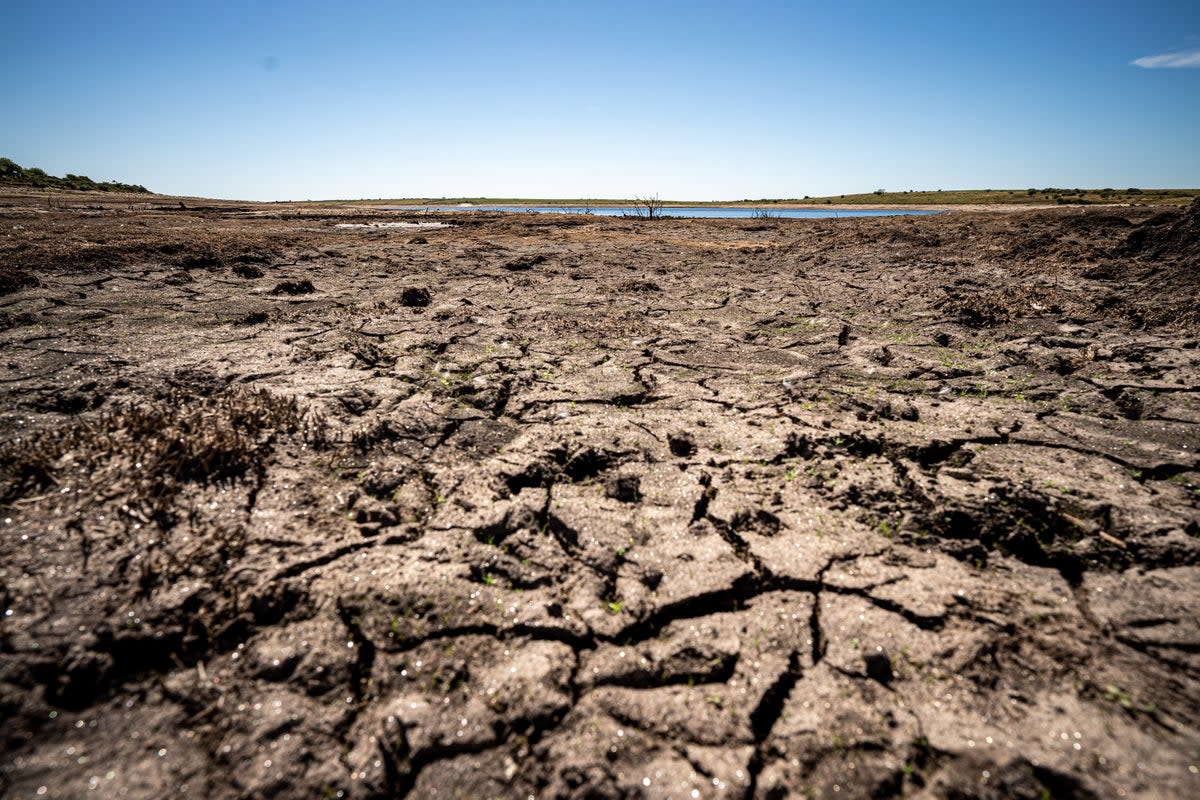Over half of world’s lakes have shrunk in last 30 years because of climate crisis

Over half of all lakes and resevoirs in the world have shrunk in the last 30 years due mostly to the climate crisis and human consumption.
The discovery has intensified concerns about water supply around the world.
Almost two billion people around the world are directly impacted while a lot of regions have experienced worrying water shortages, especially in recent years.
An international research team assessed almost 2,000 lakes and found that some of the most important freshwater sources in the world are losing significant amounts of water each year.
These include the likes of the Caspian Sea, which sits between Europe and Asia and Lake Titicaca in South America.
Some lakes even dried up, including the Aral Sea in Asia and the Dead Sea in the Middle East.
Lakes in Afghanistan, Mongolia and Egypt were also impacted by increasing temperatures, which can result in a rise in water loss to the atmosphere.
The study, published in the journal of Science, found that these lakes and resevoirs have lost water at a cumulative rate of around 22 gigatonnes per year since the early 1990s.

This is equivalent to the total amount of water that the US used in the year 2015.
The study, which was conducted by Fangfang Yao, surface hydrologist at the University of Virginia, and published on Thursday found that 56 per cent of the decline was caused by global heating and human consumption.
Global warming was found to be “the larger share” of that figure.
Generally climate scientists believes drier parts of the world will get drier as a result of the climate crisis, and wetter places will become more humid.
Yet this latest study found there was water loss even in the humid areas.
Scientists assessed the lakes by using satelitte measurements alongside hydrological and climate models.
Humans using the lakes at an unsustainable rate and rising temperatures alongside sedimentation, the changes in rainfall and run-off all contribute to water levels dropping around the world.
A total of 53 per cent of lakes were in decline from 1992 to 2020.
Scientists and climate activists continue to raise awareness that the earth’s global heating cannot rise above 1.5 degrees celsius without catastrophic results.
The world has already warmed by 1.1 degrees celsius since before the industrial revolution.

 Yahoo News
Yahoo News 
